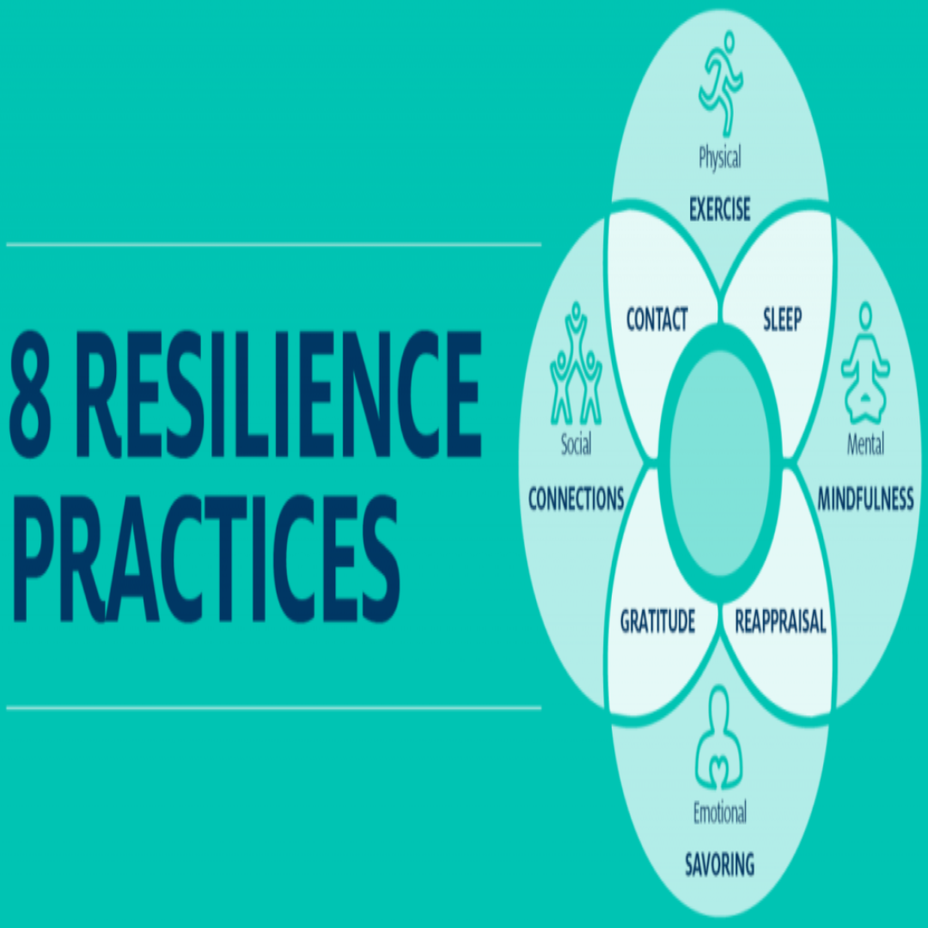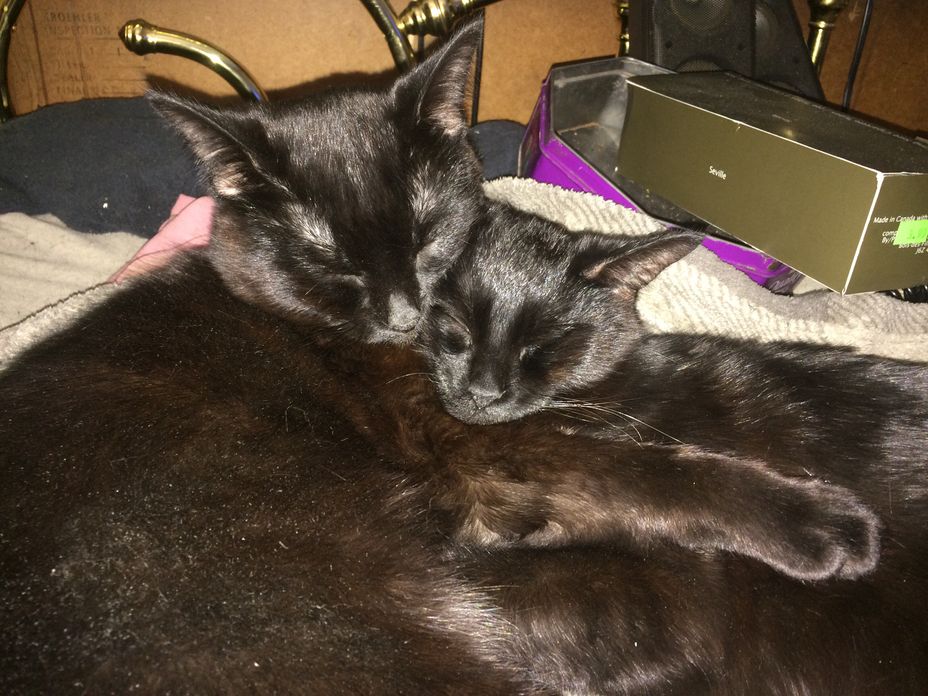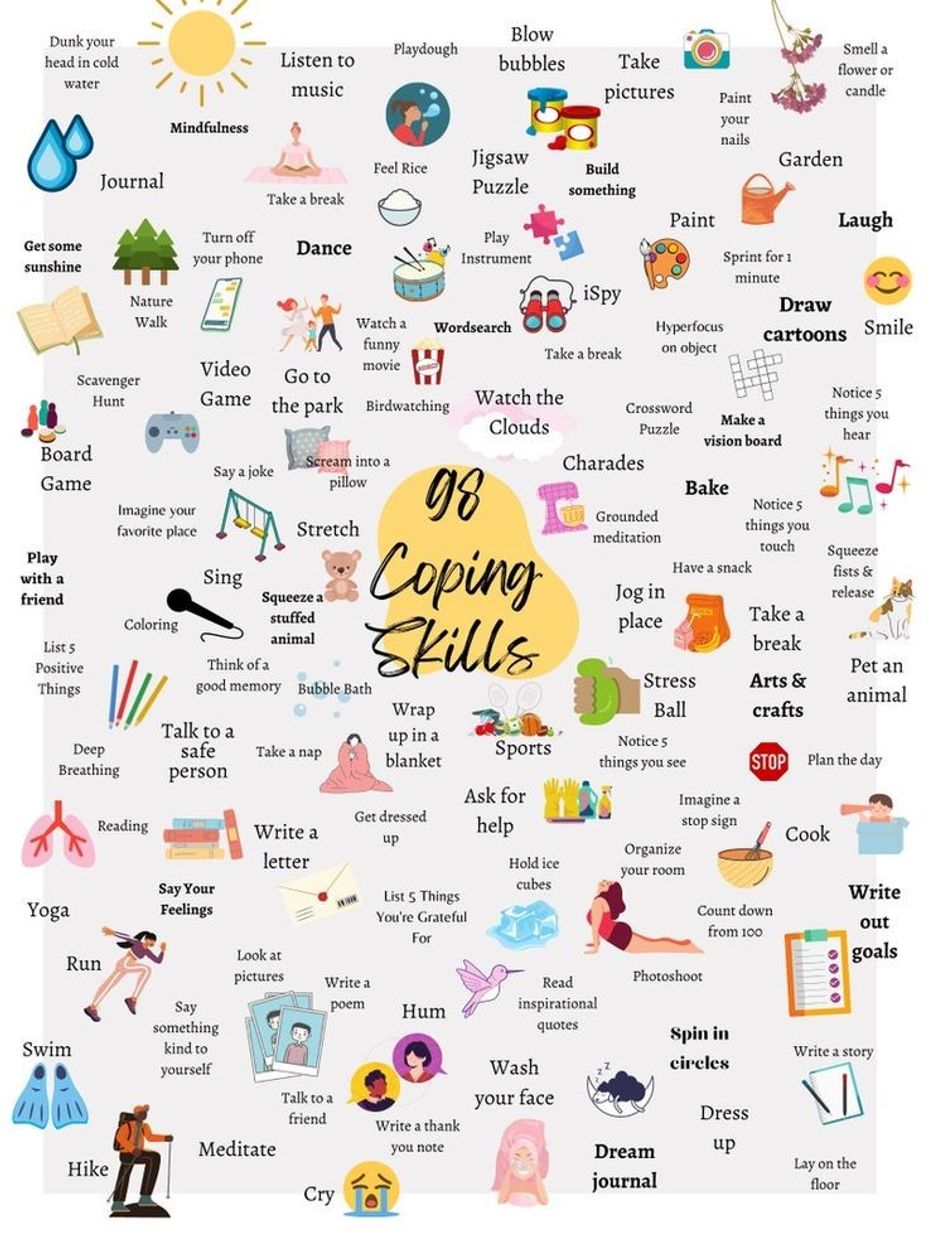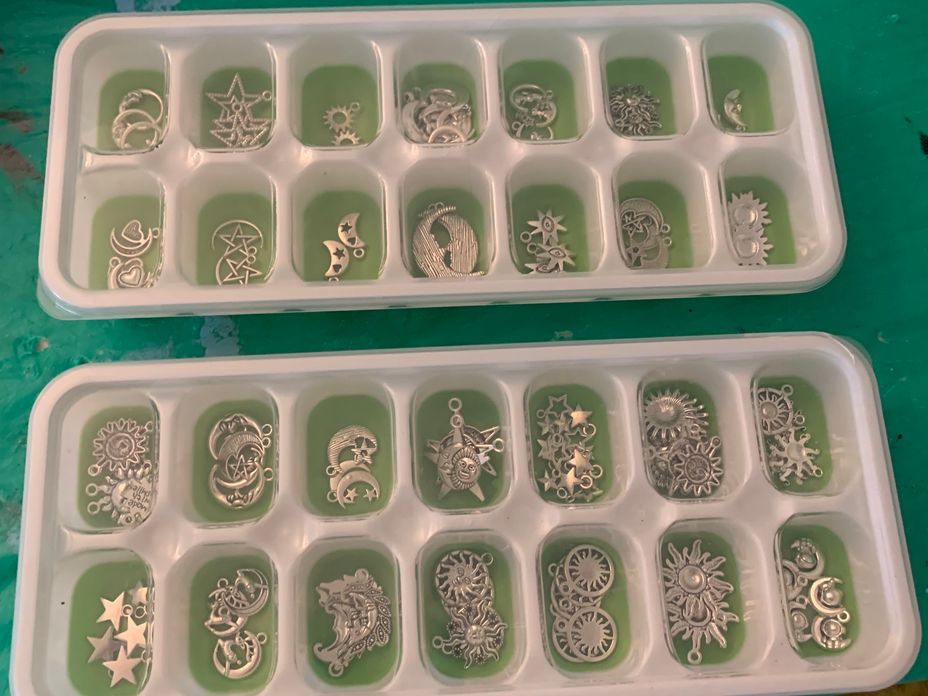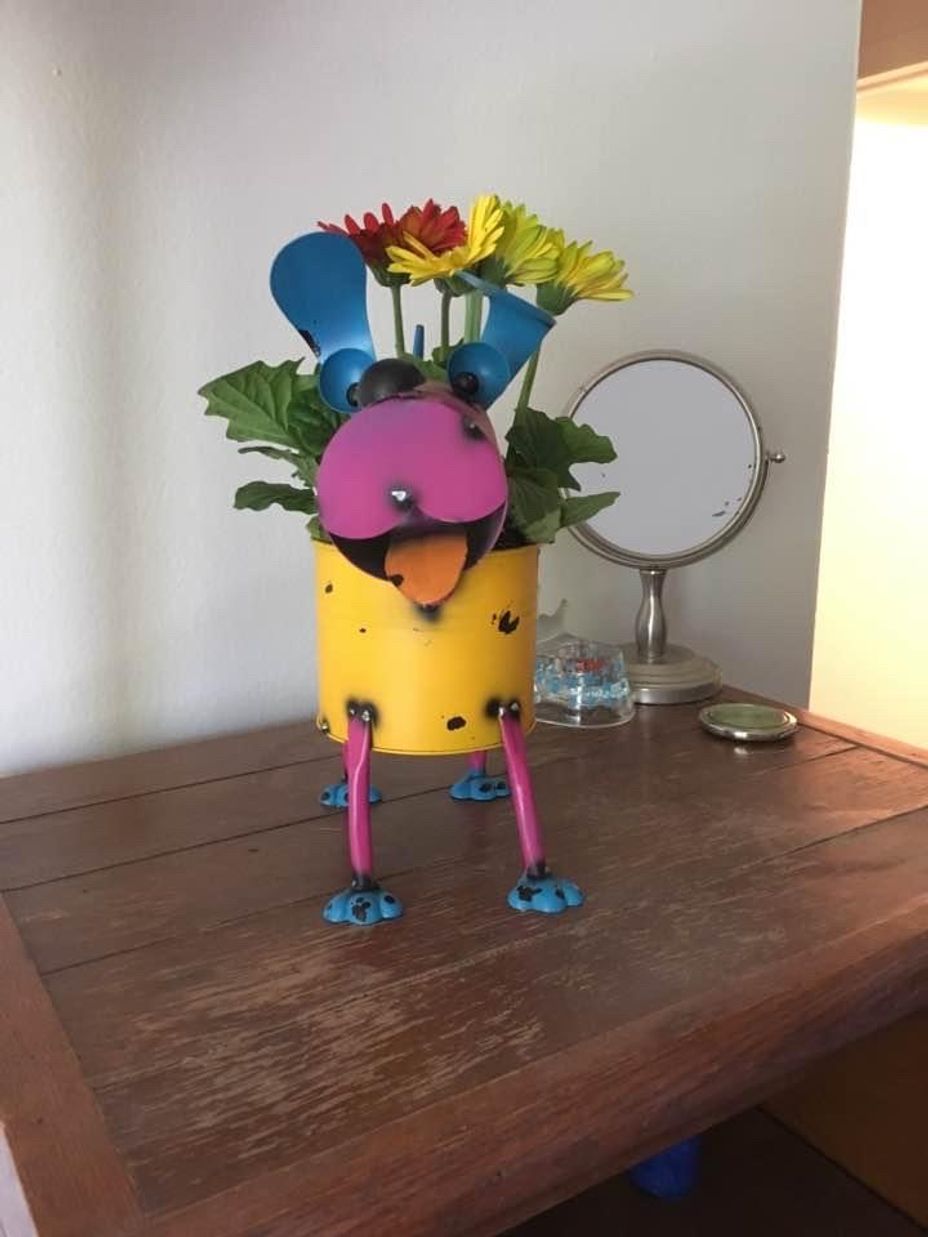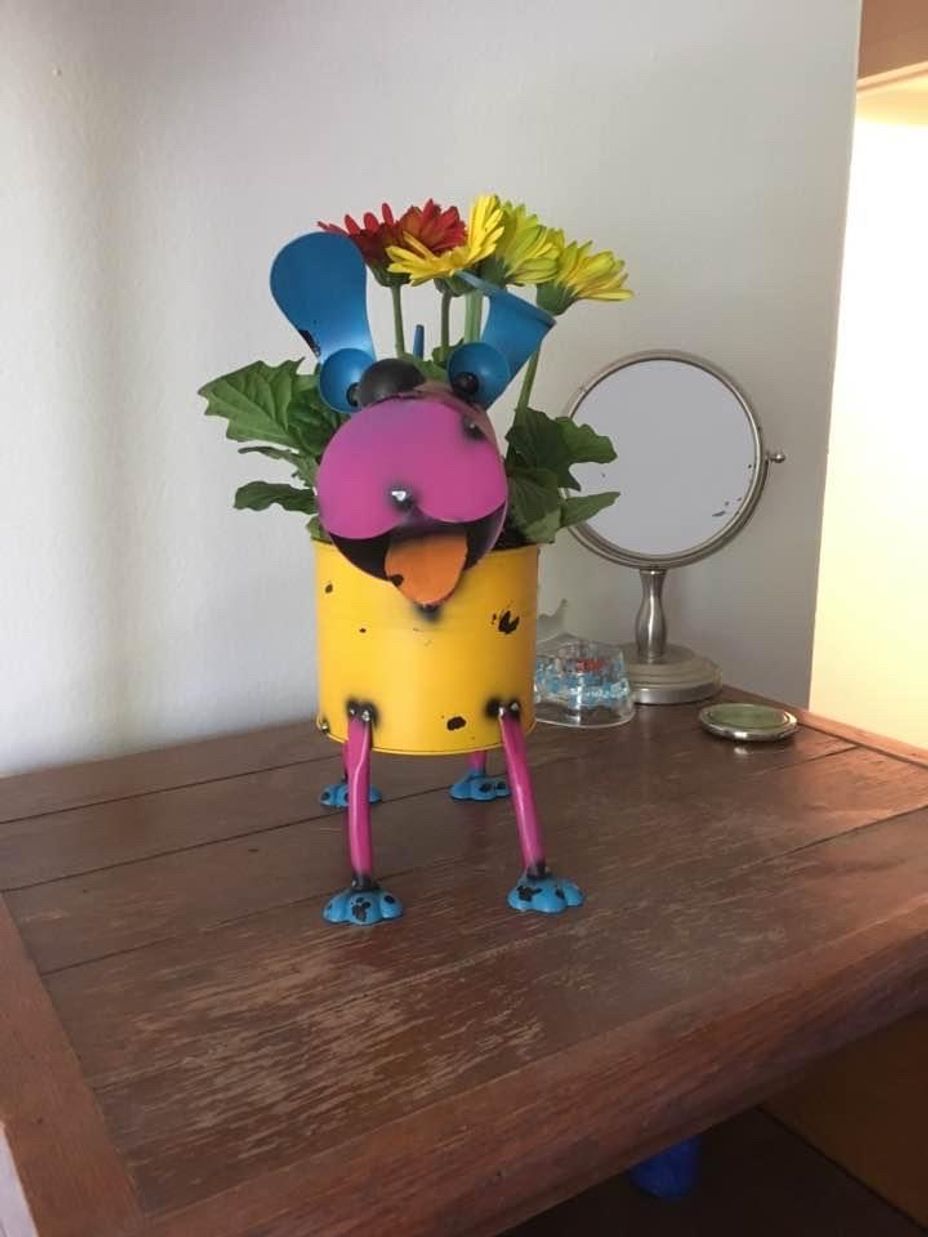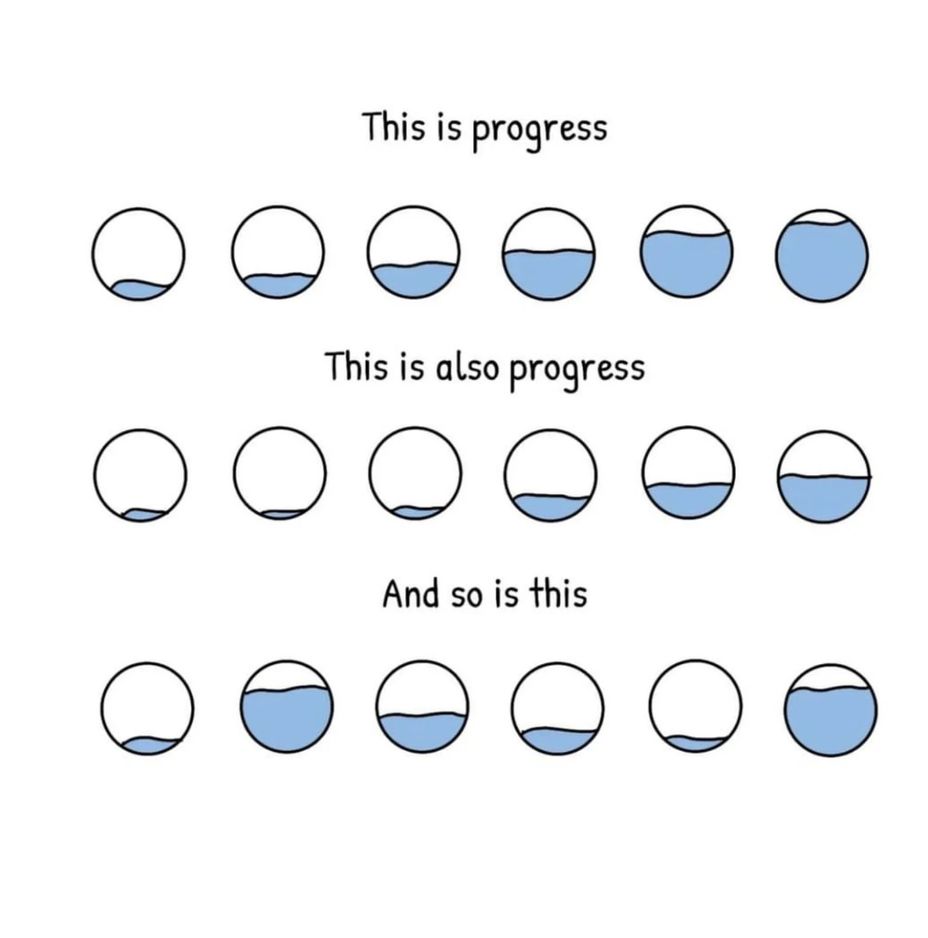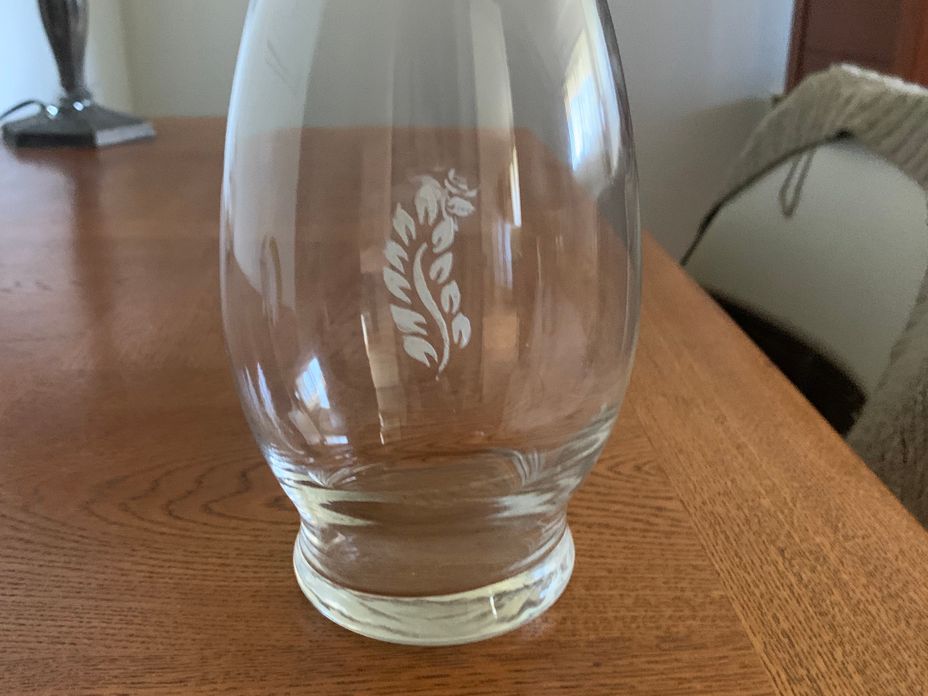8 resilience practices
#MentalHealth #resilience #coping
To become a more resilient leader and grow in each of the 4 core areas, focus on the following 8 resilient leadership practices:
1. Increase Physical Activity.
In addition to lowering your blood pressure and cholesterol, we know that regular exercise improves your ability to process stress and simultaneously makes your leadership more resilient and effective.
2. Get Enough Sleep.
Detaching from work and making time for the recommended 7-8 hours of sleep each night is scientifically proven to strengthen resilient leadership.
3. Boost Mindfulness.
Whether you’re celebrating success or enduring hardship, make time for mindfulness. Mindfulness fosters learning, new perspectives, and a degree of self-awareness that can enhance your resilience and build resilient leadership.
4. Challenge Your Assumptions.
Learn to notice and challenge potentially faulty assumptions about what others are thinking and doing — a process known as “cognitive reappraisal.” Our perceptions are more likely to become distorted and/or irrational when we’re under stress; in many cases, they become oversimplifications of the situation that may not be accurate. When you challenge these assumptions, you can arrive at more productive (and less stressful) beliefs.
5. Savor the Sweet Things.
Deliberately enhance and prolong your positive moods, experiences, and emotions by intentionally savoring them. Consciously savoring the good things in life is important because neuroscience research suggests that our brains have a negativity bias, so leaders must be intentional about reaching for positivity in order to enhance resilient leadership.
6. Practice Gratitude.
Take time to acknowledge and appreciate small things throughout your day. The more purposeful you are about practicing gratitude, the more things will naturally trigger a feeling of thankfulness.
7. Build Social Connections.
Develop and nurture a broad network of personal and professional relationships. Of course, having strong relationship skills at work is important for achieving business outcomes and meeting professional goals, but personal relationships matter too, and can provide the types of support you need for the work-life juggle.
Both types of social connections are critical in helping you deal with hardships and in developing perspective. Remember that strong social connections matter for your building resilient leadership on your team, too.
8. Engage Your Senses, Including Touch.
When we think of engaging our senses, we often forget about our sense of touch. But engaging in some types of physical contact can be a simple and effective way to reduce anxiety and stress.
Because touching at work is not as relevant for hybrid and remote teams, and can be inappropriate and/or misunderstood in a work context, this resilience practice is best implemented in your personal life, where you can share contact with supportive people and snuggle with pets. Even brief positive touches, such as a fist bump or a high-five, can contribute to increased wellbeing.
You can refer to this:
resiliens.com/resilify/program/the-science-of-resilience-and-coping
